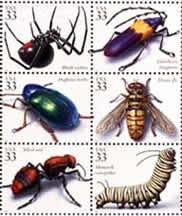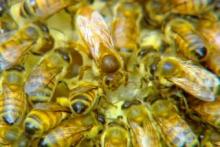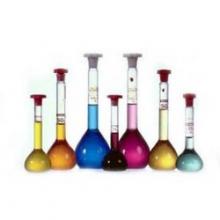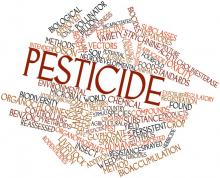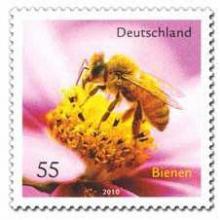European and American reports say nerve agents may be a danger, but the UK goes on using them
Nerve-agent pesticides should not be banned in Britain despite four separate scientific studies strongly linking them to sharp declines in bees around the world, Government scientists have advised. An internal review of recent research on neonicotinoids – pesticides that act on insects' central nervous systems and are increasingly blamed for problems with bee colonies – has concluded that no change is needed in British regulation. The British position contrasts sharply with that of France, which in June banned one of the pesticides, thiamethoxam, made by the Swiss chemicals giant Syngenta. French scientists said it was impairing the abilities of honey-bees to find their way back to their nests. The Green MP Caroline Lucas described the British attitude as one of "astonishing complacency".

